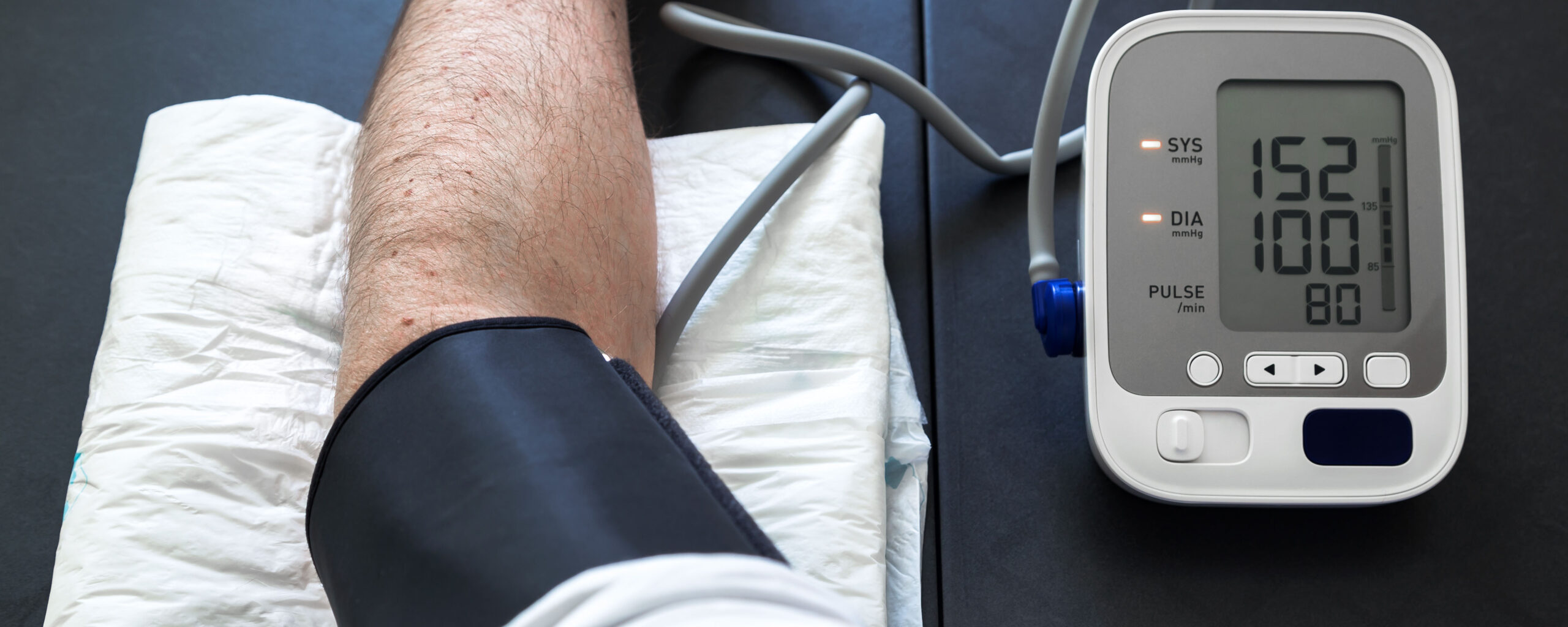Young adults 18 to 29 years of age are more likely to describe themselves as liberal in comparison to other age groups, according to recent data collected by the Annenberg Public Policy Center’s National Annenberg Election Survey. Thirty-four percent of 18- to 29-year-olds called themselves “liberal” or “very liberal,” while only 27 percent of 30- to 44-year-olds, 25 percent of 45- to 64-year-olds, and 18 percent of those 65 years and older described themselves the same way.
The youngest cohort of potential voters is also less likely to describe itself as following the 2008 presidential campaign “very closely” in comparison to older cohorts. While 24 percent of 18- to 29-year-olds said that they are following the campaign very closely, 33 percent of 30- to 44-year-olds, 44 percent of 45- to 64-year-olds, and 48 percent of those 65 years and older stated that they are following the campaign very closely.
“Senior citizens, those age 65 and older, are twice as likely as young adults ages 18 to 29 to report that they are following the presidential campaign very closely,” said Kate Kenski, a senior analyst for the National Annenberg Election Survey and an assistant professor of communication at the University of Arizona.
Other differences between the generations appeared in the data. “In comparison to other age cohorts, 18- to 29-year-olds perceived the presidential candidates’ ideologies differently,” said Kenski. “These younger adults were less likely to describe Senator Barack Obama as very liberal in comparison to those 45 years and older. They were more likely to describe Senator John McCain as very conservative.”
Differences between the age groups did not reach statistical levels of significance on their assessments of the way that George W. Bush is handling his job as president. Across the age groups, twice as many respondents disapproved as approved President Bush’s handling of his job.
When it came to assessing the U.S. Congress on the handling of its job, assessments were negative overall. Older citizens, however, were even more likely to disapprove of the U.S. Congress’s handling of its job than were younger citizens. Eighteen- to twenty-nine-year-olds were twice as likely to disapprove of Congress’s job performance as approve of it. Those 45 years and older were about four times as likely to disapprove as approve of Congress’s handling of its job.
Young adults ages 18 to 29 were also more likely to support full marriage rights for gay and lesbian couples (45 percent) than were other age groups. Thirty-six percent of 30- to 44-year-olds, 26 percent of 45- to 64-year-olds, and 15 percent of those 65 years and older favored full marriage rights for gay and lesbian couples.
Data for this study were collected between March 3, 2008 and July 13, 2008 from 16,255 citizens. The margin of sampling error was plus or minus 0.8 percentage points for the sample overall. For subsamples within the study, the margins of sample error are larger, depending on the sample sizes of the groups being analyzed. For many of the analyses, there were 1,247 18- to 29-year-olds yielding a margin of error of 2.8 percent, 3,450 30- to 44-year-olds yielding a margin of error of 1.7 percent, 7,273 45- to 64-year-olds yielding a margin of error of 1.1 percent, and 4,133 citizens aged 65 or older yielding a margin of error of 1.5 percent.

